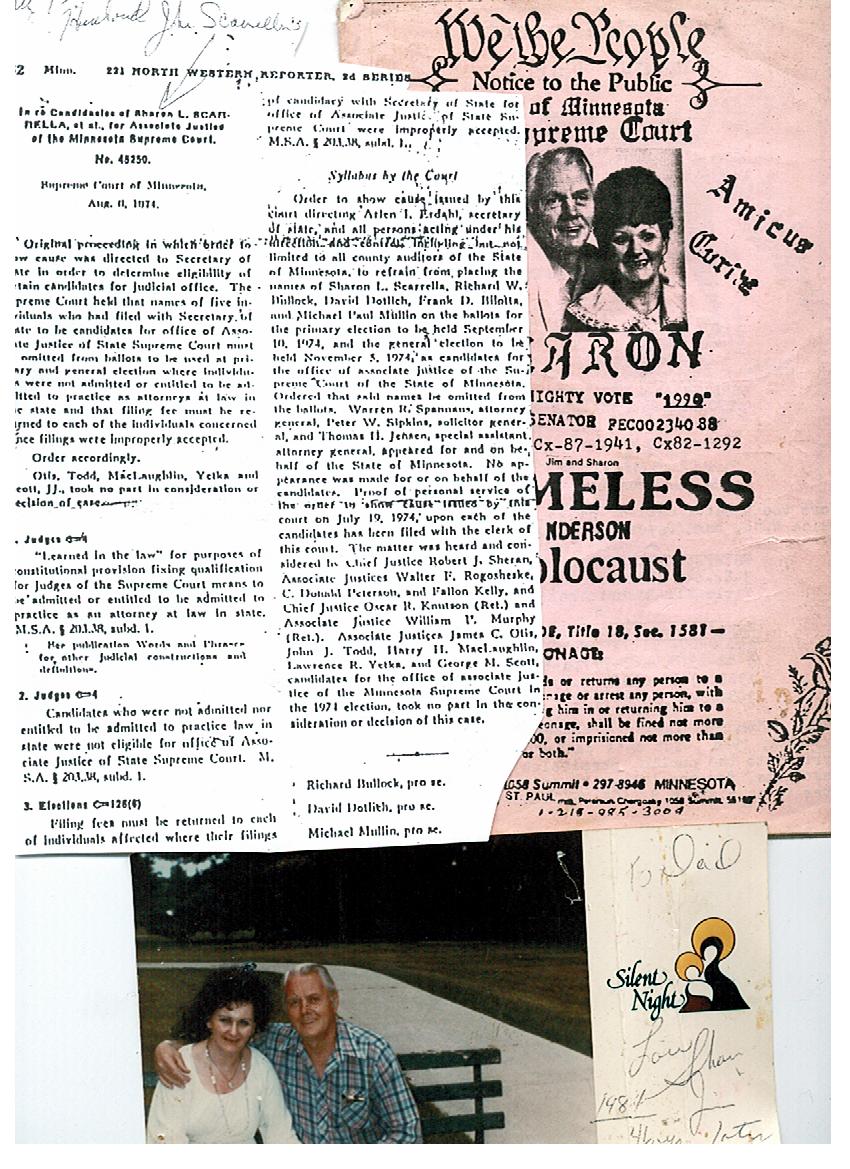FAITH UNDER FIRE
Challenged! Court using 'feelings' as case decider
Supremes never adopted 'offense' as sufficient standing for claim
Posted: July 10, 201010:25 pm Eastern
By Bob Unruh© 2010 WorldNetDaily
U.S. District Judge Barbara B. Crabb |
The arguments from the ACLJ came in an appeal pending before the 7th Circuit of a decision by U.S. District Judge Barbara B. Crabb of Wisconsin, who decided the National Day of Prayer is unconstitutional.
Crabb's decision came in a case filed by the Freedom From Religion Foundation, a Wisconsin-based atheist and agnostic group that challenged the constitutionality of a 1988 federal law.
The law gives the president the authority to designate the first Thursday in May as a National Day of Prayer.
Crabb, appointed to the court in 1979 by President Carter, determined the statute violates the First Amendment's establishment clause, which says, "Congress shall make no law respecting an establishment of religion."
A district judge's decision that the National Day of Prayer is unconstitutional is being challenged on the argument, submitted in friend-of-the-court briefs to the 7th U.S. Circuit Court of Appeals, that never before has any court decided that "hurt feelings" are grounds for making a claim.
"The district court in this case embraced an entirely novel – and improper – basis for standing: hurt feelings," said the brief submitted by the American Center for Law and Justice. "Never has the Supreme Court endorsed anything like such a wide-open concept of access to federal adjudication.
"Indeed, to the extent the Supreme Court has addressed the issue at all, it has firmly repudiated such limitless theories of Article III standing," the brief continued.
U.S. District Judge Barbara B. Crabb
The arguments from the ACLJ came in an appeal pending before the 7th Circuit of a decision by U.S. District Judge Barbara B. Crabb of Wisconsin, who decided the National Day of Prayer is unconstitutional.
Crabb's decision came in a case filed by the Freedom From Religion Foundation, a Wisconsin-based atheist and agnostic group that challenged the constitutionality of a 1988 federal law.
The law gives the president the authority to designate the first Thursday in May as a National Day of Prayer.
Crabb, appointed to the court in 1979 by President Carter, determined the statute violates the First Amendment's establishment clause, which says, "Congress shall make no law respecting an establishment of religion."
Get the new edition of a 100-year-old treasure that documents the nation's true religious heritage
In her opinion, Crabb wrote that in her view of case law, "government involvement in prayer may be consistent with the establishment clause when the government's conduct serves a significant secular purpose and is not a 'call for religious action on the part of citizens.'"
But she wrote that the National Day

